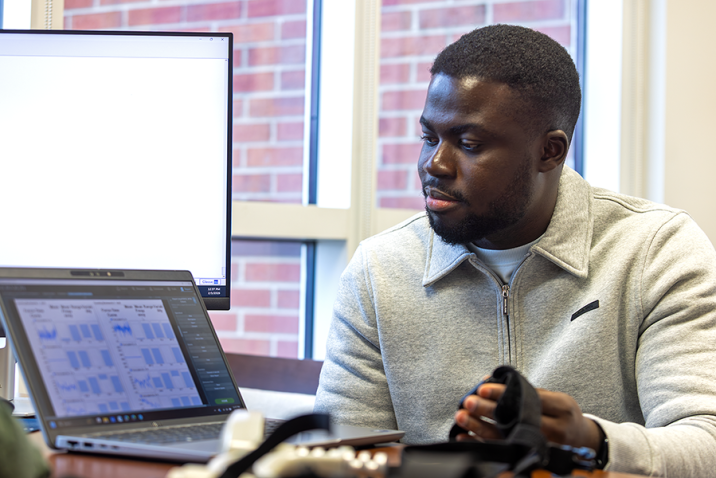
- Augusta University
- Mentoring
- Mentor Hub
Mentor Hub
You may be Wondering... What is Mentoring?
Being asked to mentor someone can feel like an honor—but it can also feel overwhelming and intimidating, especially if you’ve never had a mentee before. You might question whether you’re even qualified to guide this person in their life or career. However, every expert must start somewhere.
Mentoring is a relationship which supports learning and experimentation, helping individuals develop their potential. A mentoring relationship is one where both mentor and mentee recognize the need for personal development. Successful mentoring is based upon trust and confidentiality.
Register Today to be a Mentor!
Mentor Tips & Tricks
Get to know your Mentee well!
Understand what your Mentee wants to learn?
As a first-time mentor, get to the core of what your mentee wants to learn. Mentors sometimes fall into the trap of doing more talking than listening. Understand why they picked you. What do they see in you that they want to develop? Talk about those objectives and then invite them to prepare the next time you use that skill. For example, they love your presentation style. Work on it together!
Help with the little things!
Often mentors want to provide big insights and give general advice. The best mentors are willing to help with little things that are actually big things. Mentors should be willing to speak to the mentees about how to craft an appropriate email, create a great presentation in PowerPoint and how to dress for different events. Mentors who are willing to get in the detail muck make a huge difference.
Know Yourself
Remember your Mentee's Situation
Establish Expectations
Let the Mentee Lead
Stop Judging Yourself!
Practice Active Listening
Shift Between Coaching & Mentoring
Build Rapport & Support Them
Ensure the Relationship is Reciprocal
Share the Good and the Bad
Get Excited!
Mentor Resources
As a Mentor, you have a plethora of resources available to you!
About Mentor Collective
At Mentor Collective, we seek to make life-changing relationships a feature of every student’s college experience. To realize this vision, we partner with forward-thinking institutions that are committed to equity, inclusion, and relationship-centered education.
Mentor Training
Build the foundations of successful mentorship and develop job-relevant skills for your mentors with training you can trust.
The Mentor Experience
Connect with a current student who shares a familiar course of study, interests, life experience, or aspiration in ways that work for both of you—whether it’s video chatting, texting, meeting for coffee, or a combination.
Mentor & Mentee Matching
Build meaningful connections that go beyond surface-level networking profiles by feeling empowered to determine what you want in a mentor.
Mentoring for the first time? Start here!
Being asked to mentor someone can feel like an honor—but it can also feel overwhelming and intimidating, especially if you’ve never had a mentee before. You might question whether you’re even qualified to guide this person in their life or career. However, every expert must start somewhere.
Questions?
Want to learn more? Contact us at help@mentorcollective.org.
Student Success Stories

Public Health PhD candidate earns research award at national conference
Public Health PhD candidate earns research award at national conference
Pioneering medical education: MCG Southwest Campus is shaping Georgia's future
Pioneering medical education: MCG Southwest Campus is shaping Georgia's future